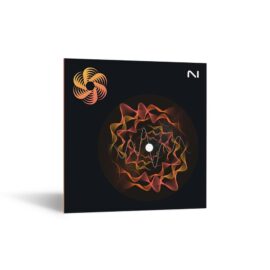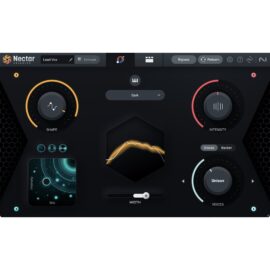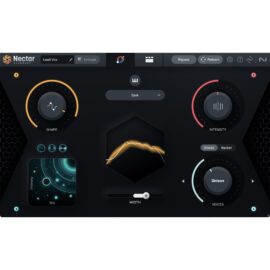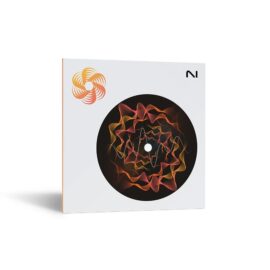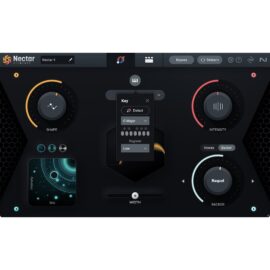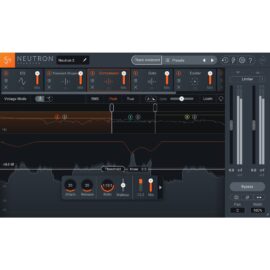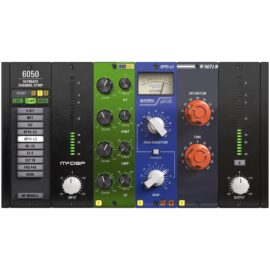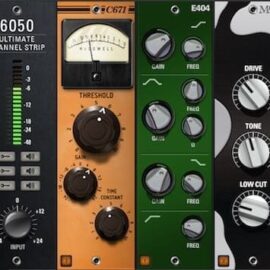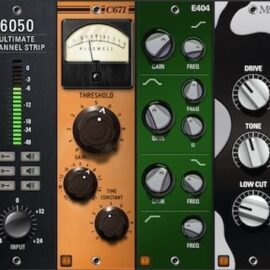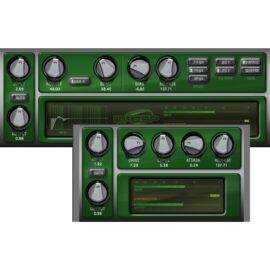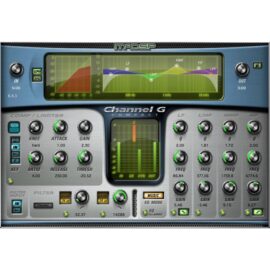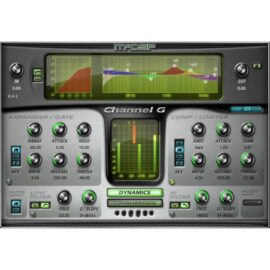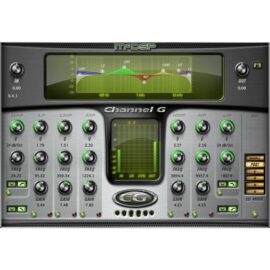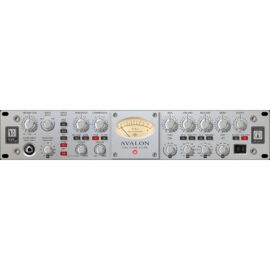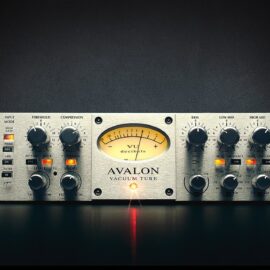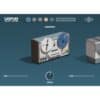Channel strips
Channel strips
When it comes to the world of audio recording and mixing, channelstrips play a vital role. They provide a compact and highly efficient method of shaping and improving the sound quality of audio signals before they ever reach the recording media. In this in-depth article, we will explore channelstrips in detail, including their functions and importance in the professional studio environment.
Immediate delivery by email
240,76€
Immediate delivery by email
127,09€
Immediate delivery by email
155,48€
Immediate delivery by email
39,52€
Immediate delivery by email
38,69€
Immediate delivery by email
180,44€
Immediate delivery by email
140,40€
Immediate delivery by email
109,20€
Immediate delivery by email
98,28€
Immediate delivery by email
109,20€
Immediate delivery by email
98,28€
Immediate delivery by email
133,12€
Immediate delivery by email
109,20€
Immediate delivery by email
Original price was: €253,24.124,70€Current price is: €124,70.


